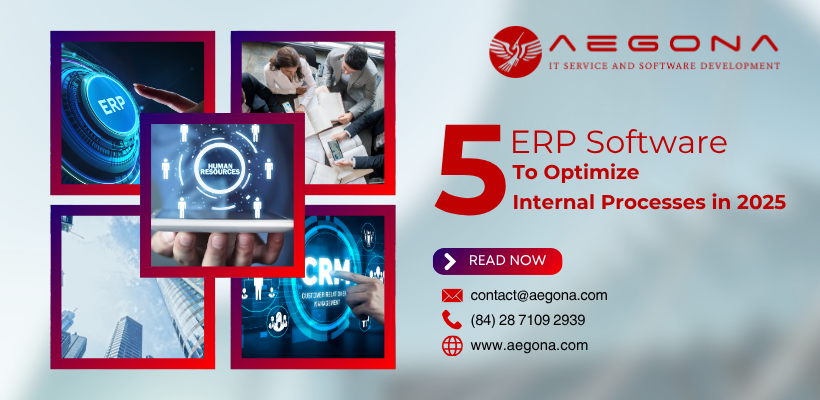How Banks Can Use Blockchain | Benefits Of Blockchain Technology In Banking
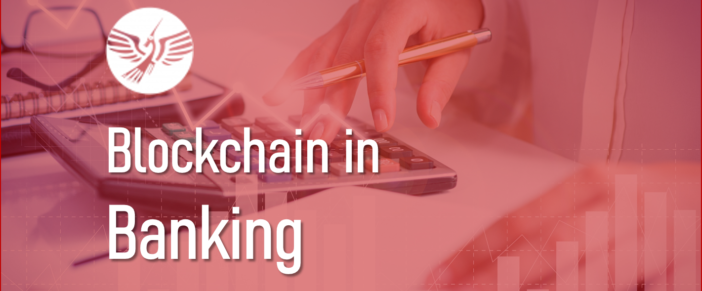
Blockchain technology for banking entered public lexicon alongside the rise of bitcoin, the controversial, yet revolutionary, digital currency. while banks and other financial institutions didn’t immediately jump on the open-ledger train, recent developments have reinstated the technology as a way to solve some of the financial industry’s most pressing pain points.
Today, some of the biggest names in banking and finance are well underway with embracing blockchain technology.
- JP Morgan Chase: The finance corporation has spun off a division dedicated solely to blockchain R&D. Quorum, as it’s named, stands to be JP Morgan Chase’s proprietary distributed ledger handling a range of transaction-recording services, including smart contracting and share trading.
- Goldman Sachs: Goldman Sachs’ Circle project aims to explore blockchain technology and digital currency distribution. Its stated goal is to decrease the current volatility and controversy around cryptocurrency, as well as set up a completely digital blockchain-crypto trading branch.
- Bank of America: One of the U.S.’ largest banks is in the works creating a single, blockchain-centered network to house banking records as well as automatically authenticate business and personal data. Bank of America’s data platform emphasizes permissioned blockchain, meaning only authorized personnel can access the ledger, as well as have their ledger entries recorded.
BENEFITS OF BLOCKCHAIN TECHNOLOGY IN BANKING
The industry’s renewed excitement in blockchain and financial institutions revolves around the technology’s key benefits.
1. SECURITY
The financial sector is notoriously hack-prone. Its attack surfaces are broad, namely due to proprietary banks managing centralized systems where a single point of failure can trigger exposures of the whole.
With blockchain’s distributed network, though, banks eliminate those single points of failure. Every transaction recorded in a blockchain ledger undergoes a complicated set of encryptions interconnected with the next. The result is an unalterable series of coded data “blocks,” each dependent on the rest in the ledger’s serial. It presents one of the best cyber-defenses against hacks and fraud in today’s IT ecosystem.
2. SPEED
Blockchain can manage, approve and log any transaction instantaneously. This technology directly contrasts today’s often manual authentification, verification and data-sharing finance workflows banking and finance professions still rely upon to conduct services.
3. TRANSPARENCY AND TRACEABILITY
At its core, blockchain is a digital recording system. It offers unprecedented visibility into the entire lifespan of a transaction or value exchange within a bank’s operations, plus reduces the need for expensive and time-consuming third-party verifications along a payment process or funds transfer.
4. RISK AND COST MANAGEMENT
Together, a hard-to breach, decentralized data system streamlining transactions reduces many of the top security concerns for banks. Error and fraud rates drop while administrative costs decrease, while also near-eliminating the need for redundant storage of customers’ sensitive financial data.
HOW BANKS USE BLOCKCHAIN
Together, blockchain and banking offer one of the most exciting commercial frontiers of the 21st century. Already, financial institutions use decentralized data ledgers for several key functions.
1. KNOW-YOUR-CUSTOMER (KYC) FRAUD REDUCTION
The average KYC request today takes between 30 and 50 days to review. That extensive timeline is mainly due to the number of players involved in the KYC verification process, which includes independent request reviews from third-party vendors and even other banking institutions, plus results in the duplication of user account data.
Financial institutions using blockchain radically transform this slow, redundant process. Instead of every bank and third-party vendor maintaining siloed customer data portals, and requiring data duplication with each request, a blockchain system lets authorized users access the same data system. It expedites verifications, netting nearly $160 million in KYC cost savings annually.
2. SECURE DIGITAL REMITTANCES
A globalized marketplace calls for stronger, smoother management of digital exchanges and money conversions. In fewer places is this need more apparent than with international real-time gross settlement processes, where separate banking institutions must corroborate to execute a funds transfer or conversion in a timely yet secure manner.
Blockchain inherently simplifies this modern remittance function. Indeed, blockchain’s unique design allows it to handle instant, yet safe, financial transactions around the globe. Plus, with its near-untamperable ledger, blockchain also significantly reduces the risk for chargebacks and payment disputes and doesn’t carry the fees associated with cross-border remittance.
3. “SMART” CONTRACTS
Smart contracting requires technology with integrated bank-to-bank fund transfer abilities, contract verification safeguards and — most importantly — automated contract enforcement capabilities. Oh, and banks must be able to execute these tasks expediently, without redundant manual oversight.
Blockchain introduces a platform that can handle such self-initiating digital contract procedures. Using preset codes, your blockchain system can perform these essential operations only under specific conditions, triggering downstream information sharing or contract performances obligations related to:
- Rights, patents and ownership
- Wagers
- Escrows
- And more
With smart contract blockchain, core pieces of a contract are also visible, irreversible and indisputable. Every party involved in the process remains on the same page regarding the details of a transaction and why the provider is now upholding specific obligations.
4. FASTER LENDING
Loan syndication activities, in particular, benefit from blockchain. Already, banks see dramatic improvements in timelines for transferring approved sums to lendees. For example, today’s syndicated loan will take around 19 days for all participating banks to clear and approve. For more complicated loan processes — such as car and mortgage loan transfers or early loan repayments — that process can be even longer.
With blockchain, loan activities are quicker, safer and traceable, again reducing administrative costs, third-party approvals, data duplication and chances for manual error
GET BLOCKCHAIN FOR YOUR BANK

Join today’s most elite financial institutions by integrating blockchain technology into your bank’s operations — without the headaches or hurdles of going at it alone.
Take 30 seconds to fill out our form so that we can learn more about you and your project - leave us a message via:
Email: [email protected]
Phone: (+84) 28 71092939 | Hotline: (+84) 933 848989
Website: www.aegona.com
Fanpage: Aegona Ltd
Address: Floor 4th QTSC Building 9, Quang Trung Software City, District 12, Ho Chi Minh City, Viet Nam
related post

On June 16, 2025, following a series of technical discussions and alignment on technology directions, Aegona and Biblia officially signed a strategic cooperation agreement to develop a comprehensive digital publishing platform that integrates both E-books and Audiobooks.

In the global software development market, outsourcing Node.js development in Vietnam has become one of the most strategic choices for startups, SMEs, and enterprises looking to optimize costs while maintaining top-notch quality.
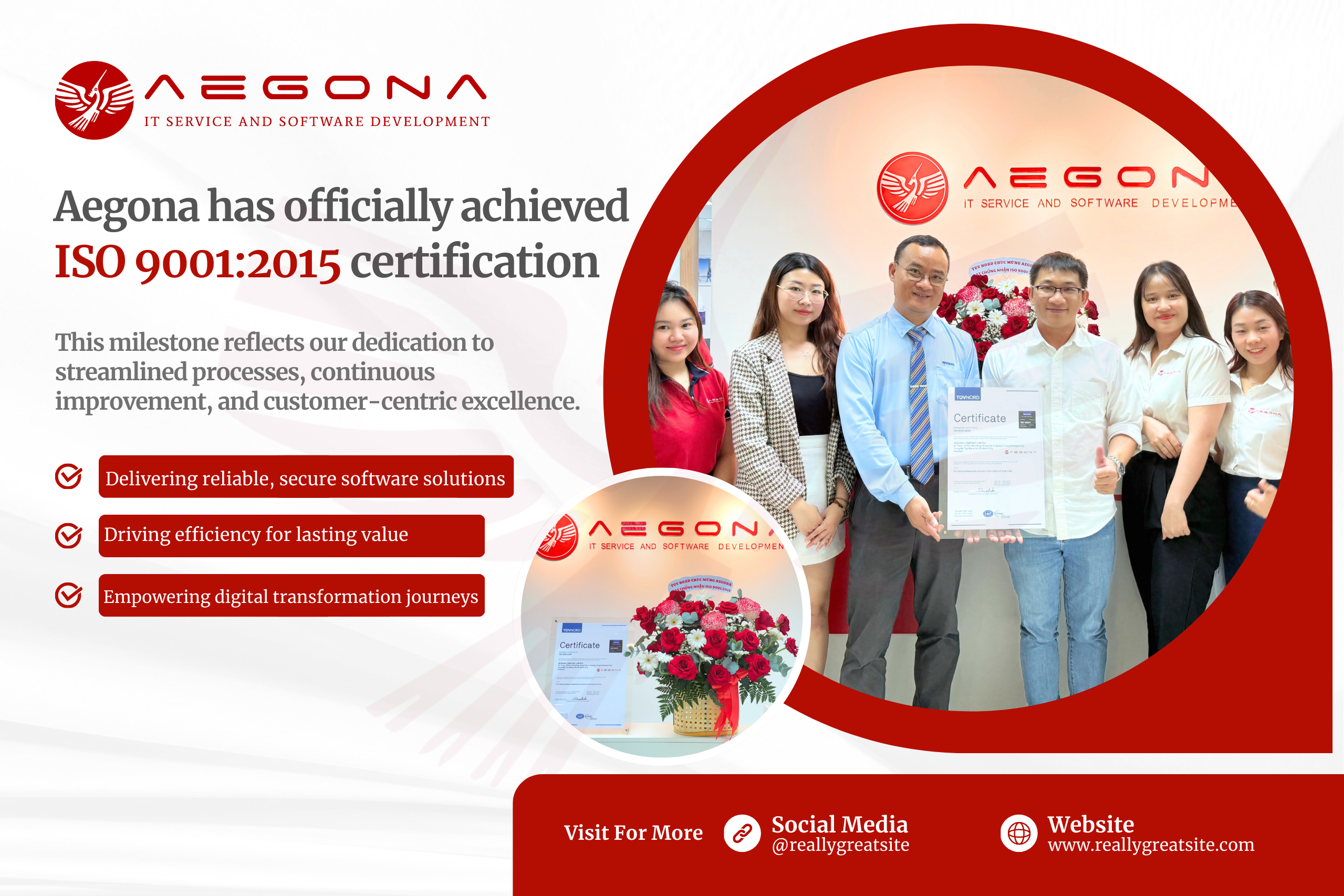
We are proud to announce that Aegona has officially achieved ISO 9001:2015 certification, an internationally recognized standard for quality management systems.
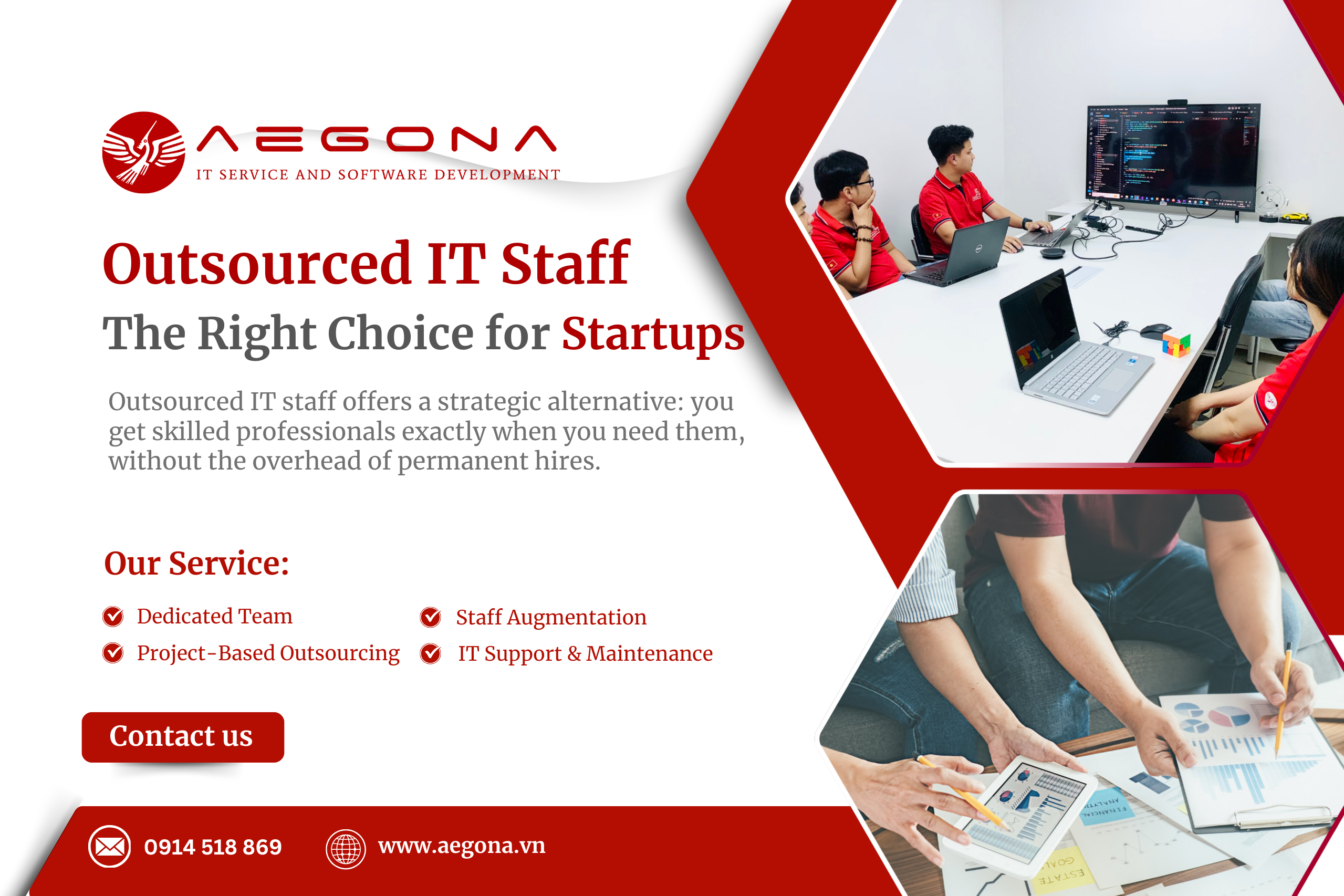
Outsourced IT staff offers a strategic alternative: you get skilled professionals exactly when you need them, without the overhead of permanent hires.
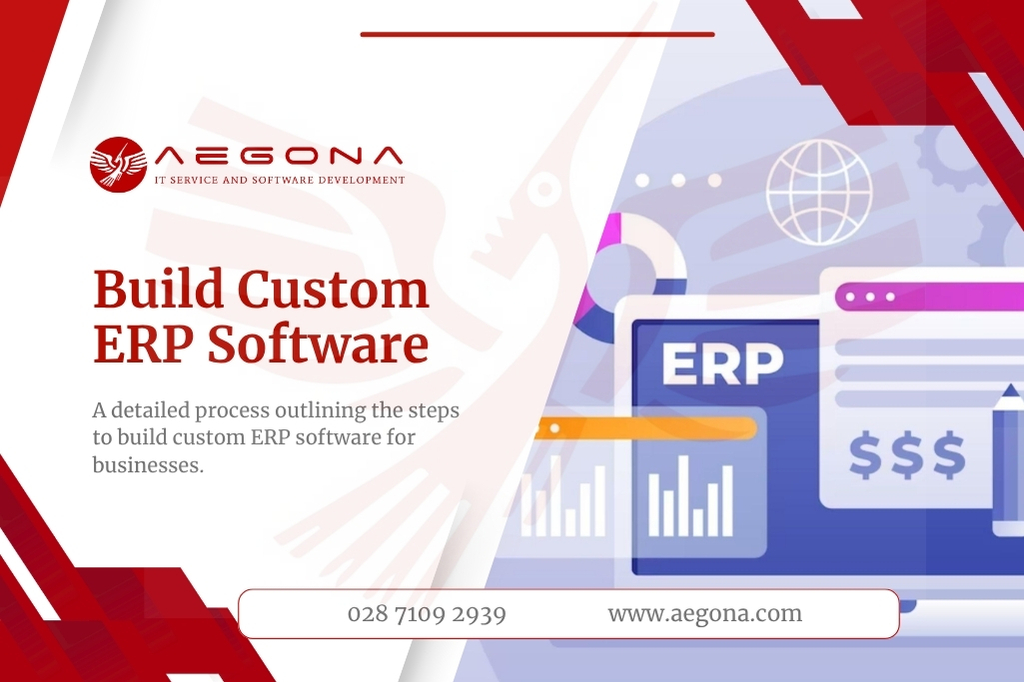
Build custom ERP software to streamline operations, boost efficiency, and fit your business needs. A complete step-by-step guide.
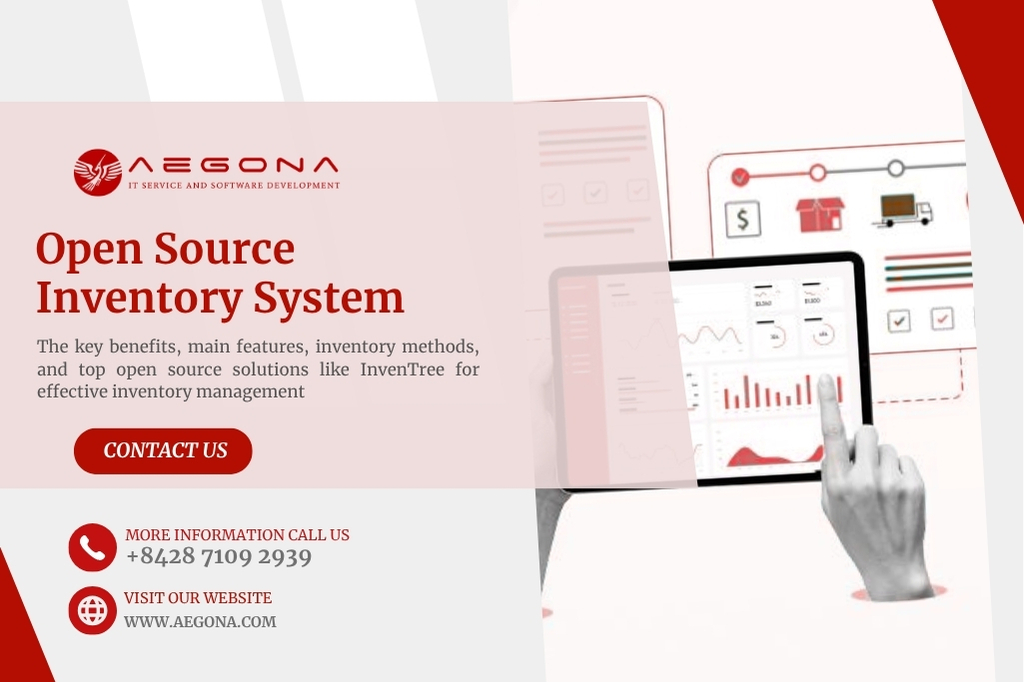
Discover the best open-source inventory systems like InvenTree. Learn key features, benefits, and tools to optimize warehouse and inventory operations.
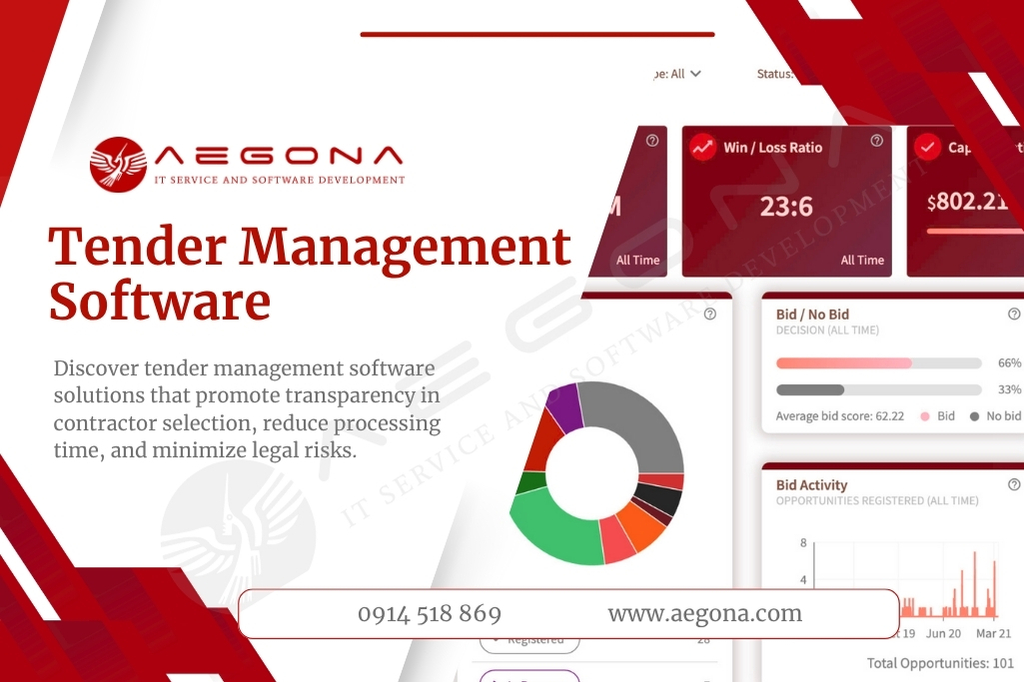
Discover how Tender Management software streamlines bidding, boosts efficiency, and when to choose a custom-built solution.

Discover the benefits of hiring offshore PHP developers in Vietnam and explore a step-by-step process to build a skilled, cost-effective development team.
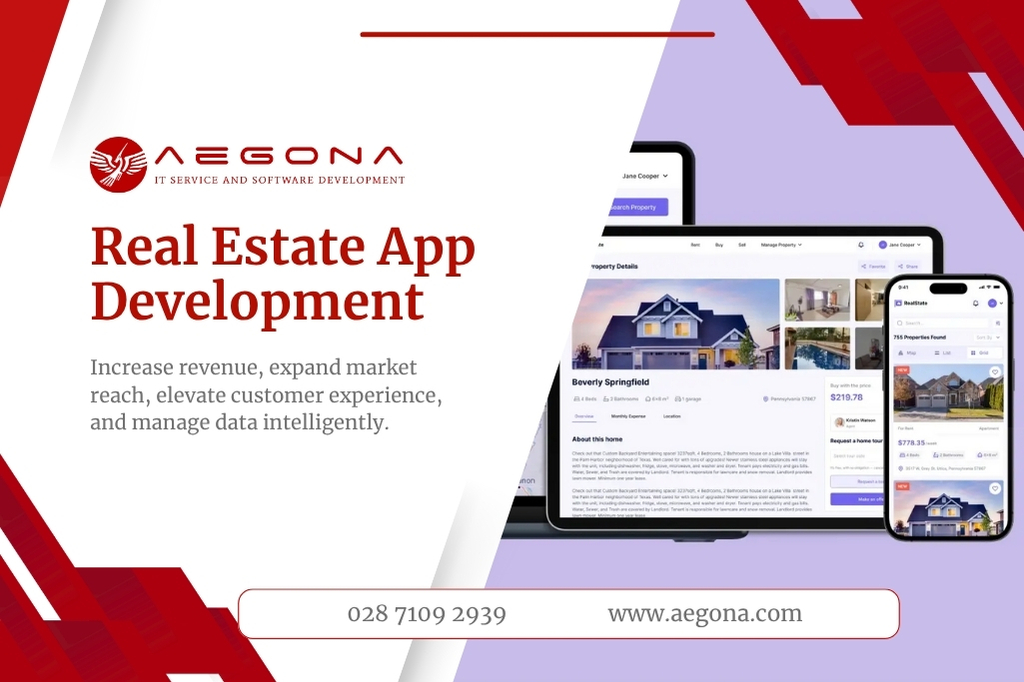
Discover the key benefits and features of real estate app development in Vietnam for businesses aiming to grow in the digital property market.
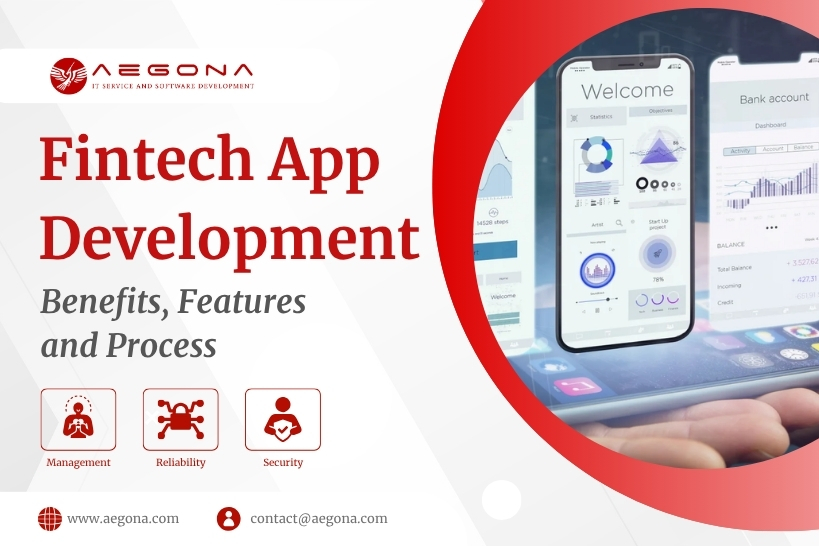
Custom FinTech app development for banking, insurance, payments & more. Secure, scalable, and tailored to your business.
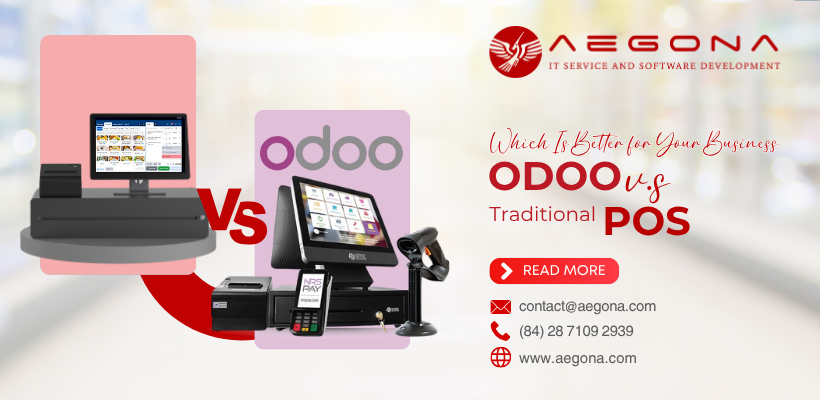
Odoo POS software is becoming an effective alternative to traditional POS systems thanks to its flexible integration capabilities and reasonable cost. Using sales management software plays an essential role in optimizing business operations. This article will help you compare Odoo software and traditional POS systems to find the most suitable option for your business.

the trends, AEGONA highlights 5 IT outsourcing trends expected to accelerate by the end of 2025 — and based on those, suggests four updated business strategies to help Vietnamese firms stay ahead of the game.
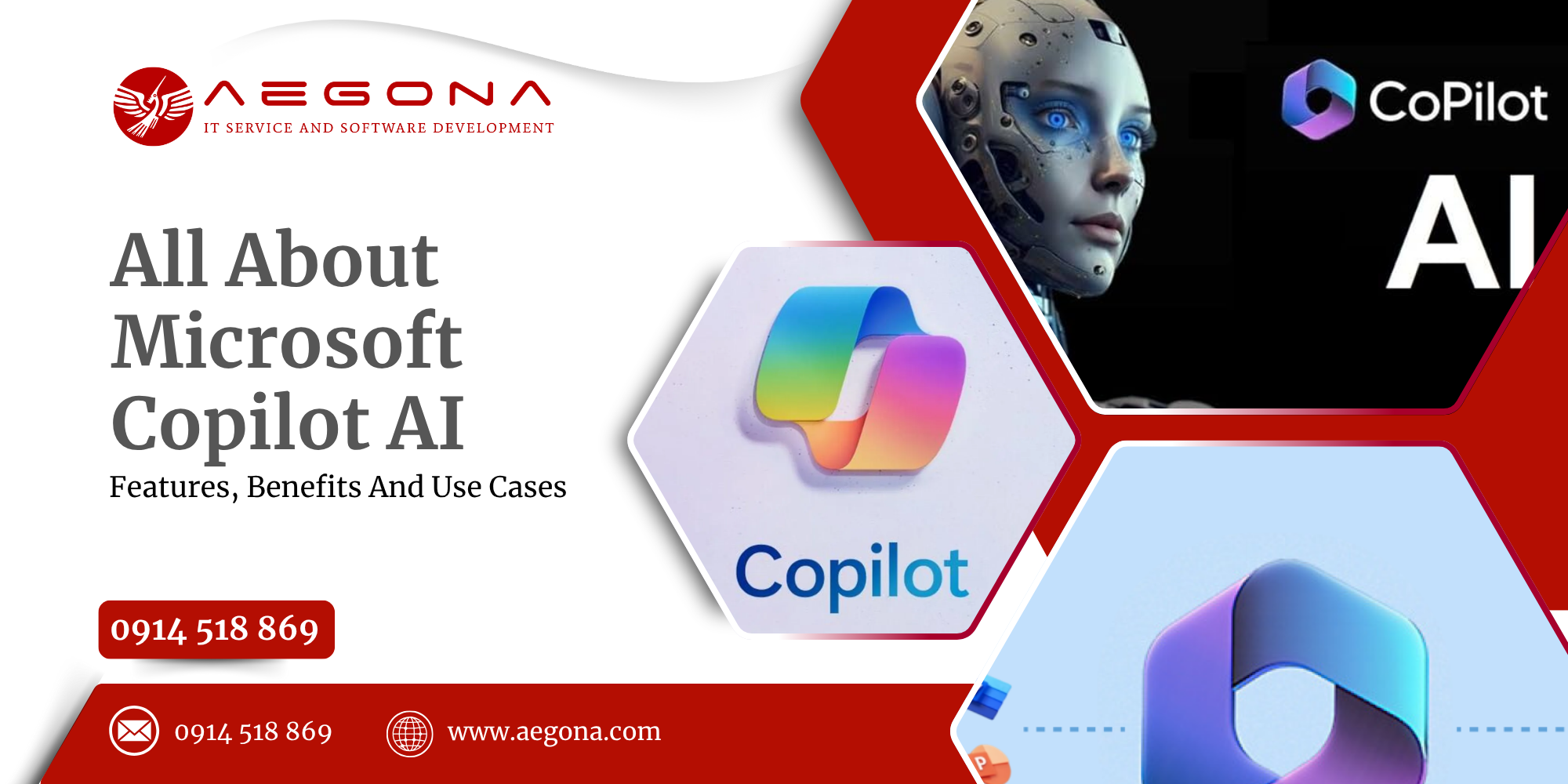
Alongside other big names riding the AI wave, Copilot AI is gaining increasing attention. It’s becoming an indispensable assistant for businesses aiming to accelerate workflows, minimize errors, and optimize operations. So, what exactly is Copilot AI? How does it work, and what benefits does it bring? Let’s explore the full picture below.
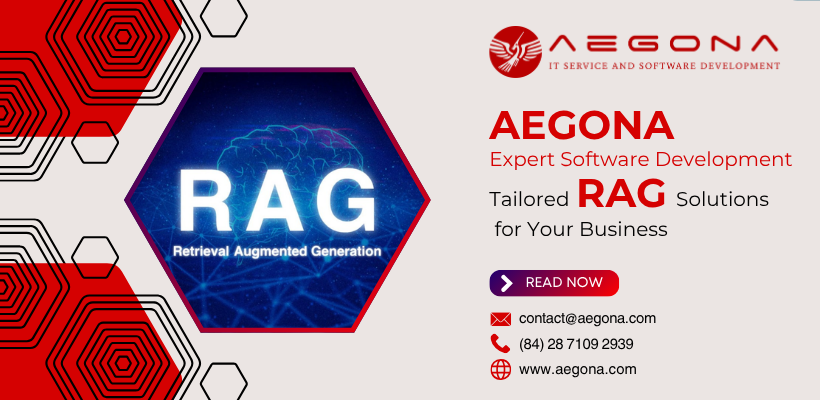
RAG LLM Solution (Retrieval-Augmented Generation) seamlessly combines data retrieval with large language models (LLMs) to enable AI systems to deliver accurate, rapid responses, creating optimal user experiences. Aegona proudly stands as a leading software development company specializing in RAG LLM solutions that empower businesses to maximize the potential of AI for sustainable growth.
